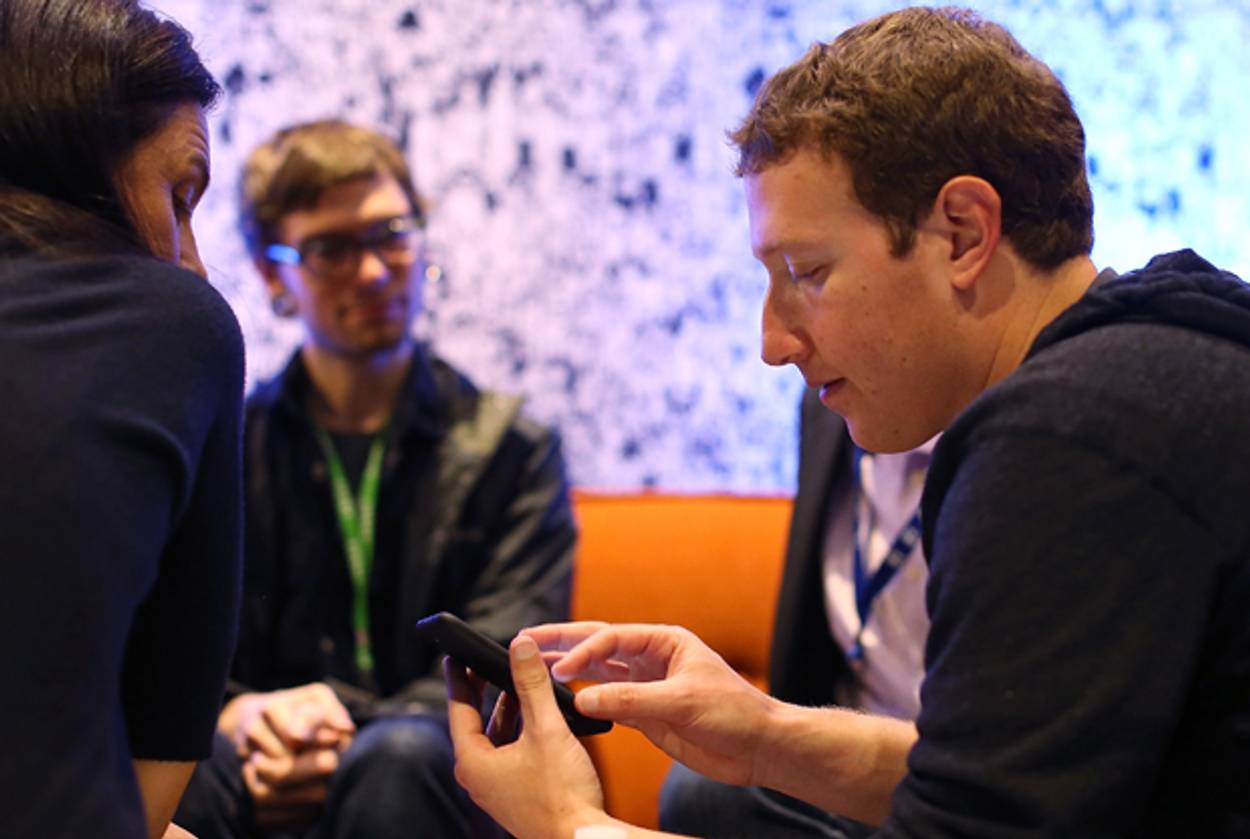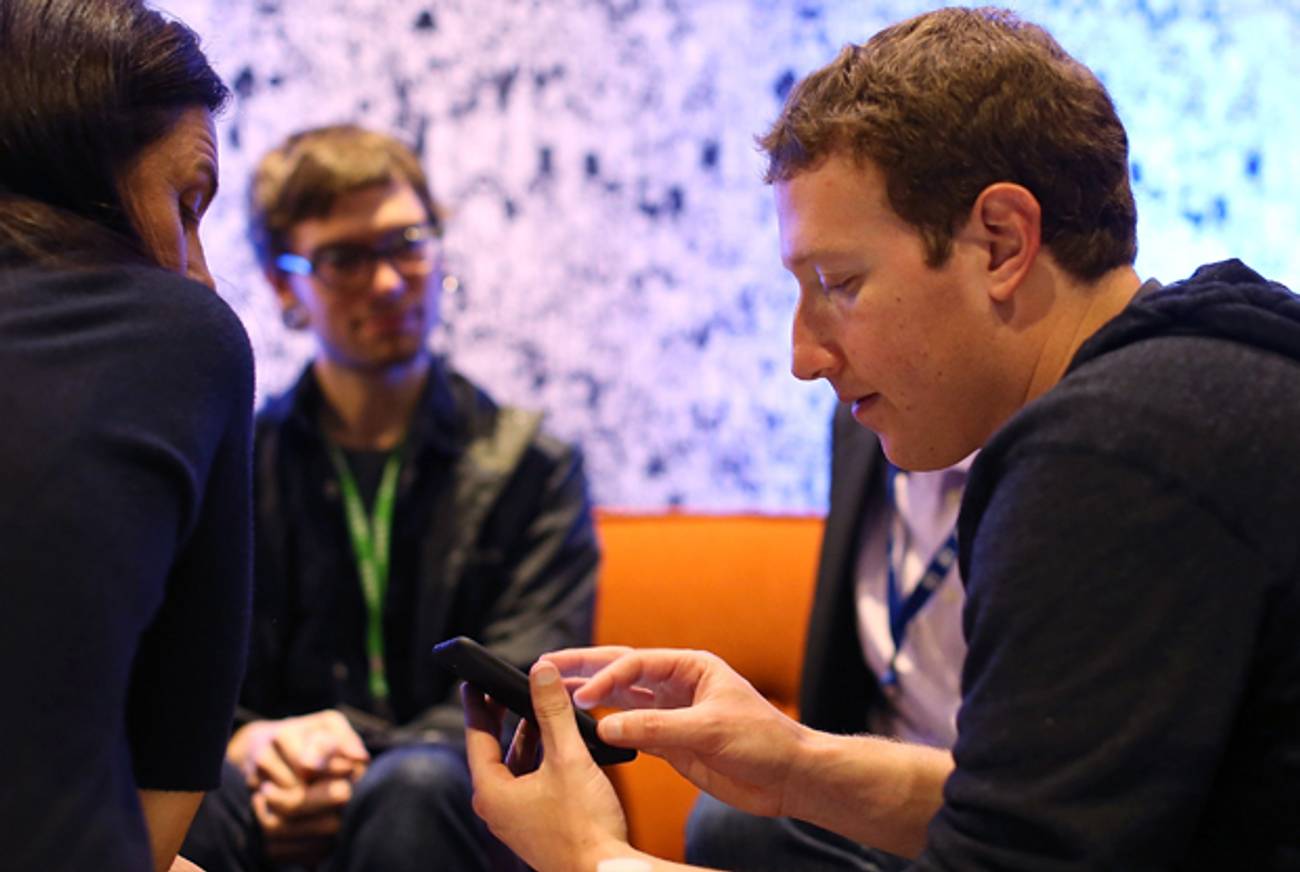Daybreak: Facebook Gets Hashtags
Everything you need to know about Mark Zuckerberg’s latest move




Social networking giant Facebook is trending with news of its latest feature: the hashtag, the trend-organizer made famous by the micro-blogging site Twitter. Facebook’s product manager Greg Lindley announced the new addition yesterday:
Starting today, hashtags will be clickable on Facebook. Similar to other services like Instagram, Twitter, Tumblr, or Pinterest, hashtags on Facebook allow you to add context to a post or indicate that it is part of a larger discussion. When you click on a hashtag in Facebook, you’ll see a feed of what other people and Pages are saying about that event or topic
The New York Times’ Bits blog weighed in, explaining exactly what a hashtag is:
Of course, anyone who has used the microblogging service Twitter is familiar with hashtags, which have long been used there to organize public conversations. Right now, for example, #manofsteel is a popular hashtag on Twitter because of the coming Superman movie. Search for that hashtag on Twitter and you can see the global conversation about the topic.
In classic Facebook fashion, it will take some time for all users to acquire the “clickable” hashtags, like when one of your friends got the timeline feature and you dreaded that day it would be yours too (now we all have timeline, alas).
The Internet, of course, is atwitter (sorry) with the hashtag news. Over at the Atlantic Wire, Rebecca Greenfield explains that journalists who use Facebook for reporting and crowd sourcing will love the new hashtag. It’s an easy way to follow a conversation and, she adds, Facebook’s current graph search “just isn’t that great.”
At Slate, Will Oremus breaks down some of the positive aspects of Facebook’s new feature. Now your post about #Syria or #strudel can “go viral in a way that they couldn’t before.”
Eliza Kern at tech site GigaOM counters that “it’s worth asking if the hashtag has outlived its serious function to become a cultural phenomenon rather than a useful search tool.”
Kern says that hashtags are marketed as a way to get your tweet to a broader audience that’s following a topic, but she remains skeptical about how frequently that actually happens these days. A hashtag that’s too popular will get lost in the bunch, and hashtag that’s a lone but interesting thought is useless because nobody knows to search for it.
Still, Kern admits, hashtags do serve a purpose—to “convey the irony of the Internet.”
Romy Zipken is a writer and editor at Jewcy. Her Twitter feed is @RomyZipken.